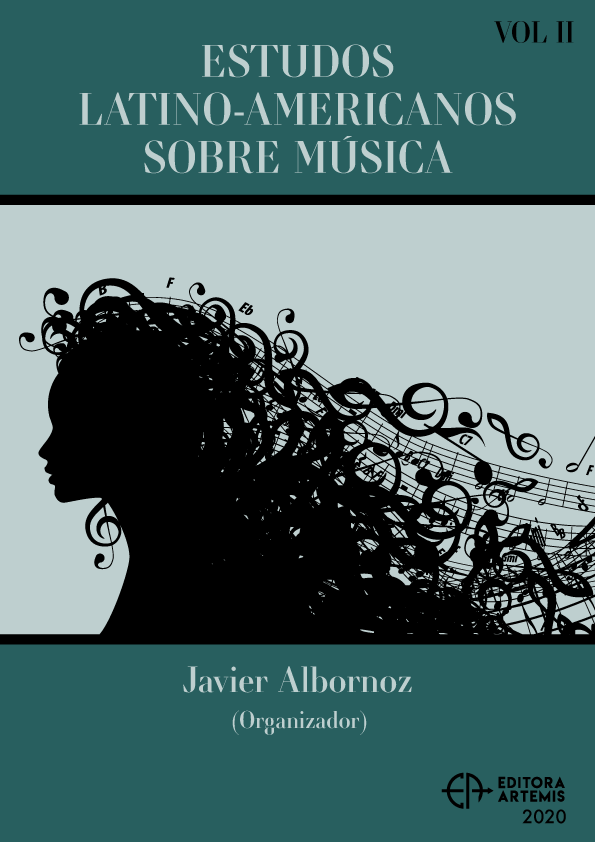
A MÚSICA NA ESCOLA: O QUE OS DOCUMENTOS LEGAIS BRASILEIROS GARANTEM SOBRE A INCLUSÃO DE PESSOAS COM TRANSTORNOS PSIQUIÁTRICOS?
Segundo a OMS (2018) as condições de saúde mental são responsáveis por 16% da carga global de doenças e lesões em pessoas com idade entre 10 e 19 anos, ou seja, na faixa etária que geralmente estão frequentando a escola. Ouvimos muito falar de inclusão de pessoas com deficiências e autismo, porém pouco se discute a inclusão dos alunos com transtornos psiquiátricos ou que estejam adoecidos emocionalmente. Portanto, esta pesquisa teve por objetivo promover um mapeamento do que os Documentos Legais Brasileiros referentes à educação e inclusão propõem sobre a inserção de pessoas com transtornos psiquiátricos no ambiente escolar e promover uma discussão dos resultados no contexto do ensino musical. A metodologia utilizada foi uma pesquisa de caráter exploratório com procedimento de cunho documental e foi realizada entre os meses de novembro de 2018 a fevereiro de 2019. No total foram avaliados vinte e oito documentos, entre Leis, Decretos, Portarias, Resoluções e Pareceres. Os resultados mostraram que os documentos legais brasileiros que foram avaliados não abordam a inclusão de alunos com transtorno psiquiátrico no ambiente escolar, nos levando a uma urgência de discussões sobre essa questão, uma vez que esses também requerem atendimentos diferenciados no que se refere ao aprendizado e socialização e que certamente afeta diretamente o ensino musical dentro da escola.
A MÚSICA NA ESCOLA: O QUE OS DOCUMENTOS LEGAIS BRASILEIROS GARANTEM SOBRE A INCLUSÃO DE PESSOAS COM TRANSTORNOS PSIQUIÁTRICOS?
-
DOI: 10.37572/EdArt_13210092013
-
Palavras-chave: Transtorno psiquiátrico. Inclusão escolar. Educação musical. Documentos Legais. Políticas públicas.
-
Keywords: Psychiatric disorders. School inclusion. Musical education. Legal documents. Public policy.
-
Abstract:
According to WHO (2018) mental health conditions are responsible for 16% of the global burden of illness and injury in people aged between 10 and 19 years, that is, in the age group who are usually attending school. We hear a lot about the inclusion of people with disabilities and autism, but there is little discussion of the inclusion of students with psychiatric disorders or who are emotionally ill. Therefore, this research aimed to promote a mapping of what the Brazilian Legal Documents referring to education and inclusion propose about the insertion of people with psychiatric disorders in the school environment and to promote a discussion of the results in the context of musical education. The methodology used was an exploratory research with a documentary procedure and was carried out between the months of November 2018 to February 2019. In total, twenty-eight documents were evaluated, including Laws, Decrees, Ordinances, Resolutions and Opinions. The results showed that the Brazilian legal documents that were evaluated do not address the inclusion of students with psychiatric disorders in the school environment, leading us to an urgent need for discussions on this issue, since these also require differentiated services with regard to learning and socialization and that certainly directly affects music teaching within the school.
-
Número de páginas: 15
- PLINIO GLADSTONE DUARTE
- VIVIANE DOS SANTOS LOURO

